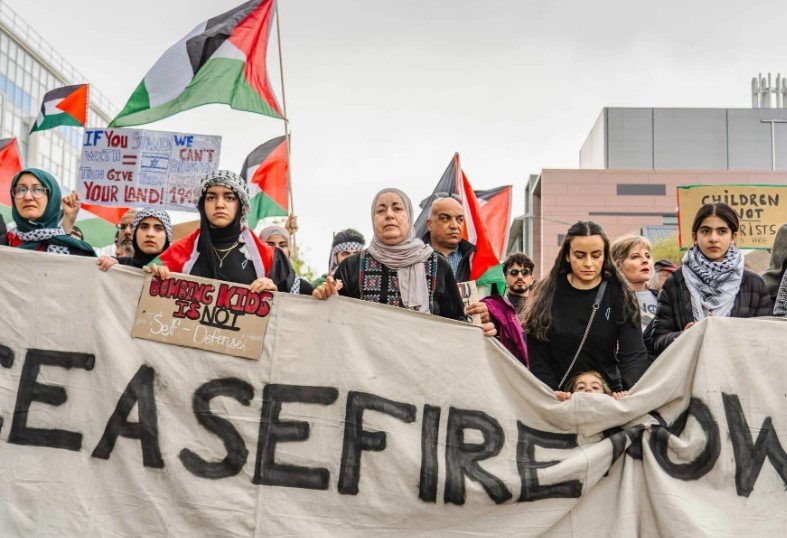As Israel and Hamas hold critical talks in Cairo, Egypt has emerged as the primary mediator in the ongoing hostage negotiations. With the region on edge and global eyes trained on the outcome, the push for a long-term ceasefire intensifies.
Egypt’s Growing Role in Gaza Peace Talks
It’s been a whirlwind week in Cairo, where both Israeli and Hamas delegations are deep in discussions over a long-term ceasefire. The breakthrough? Egypt has officially taken the lead in mediation efforts, stepping into a role that many, including both Israel and the Trump administration, had pushed for.
The move was made after it became clear that Egypt, with its proximity and historical influence in Gaza, could exert the kind of pressure on Hamas that others, like Qatar, couldn’t. Israel, optimistic about its military operations in Gaza, believes that Hamas is keen to reach an agreement to end the ongoing conflict. A source close to the talks told The Times of Israel that Israel sees this as a pivotal moment for peace efforts.

Why Egypt, Why Now?
For years, Egypt has quietly but consistently played a pivotal role in mediating between Israel and Hamas. Unlike Qatar, which has been seen as more sympathetic to Hamas, Egypt’s position as a key regional player has made it a trusted intermediary. The country’s historical ties with Gaza, along with its political leverage, are expected to be decisive in these talks.
This new phase in the negotiations comes as Israel prepares for a high-stakes diplomatic moment: the planned visit of former President Donald Trump to the region next month. With his visit in the cards, there’s an urgent need to finalize a ceasefire agreement before tensions flare further.
The Hostage Crisis: A Major Obstacle
One of the biggest sticking points in the negotiations remains the fate of the Israeli hostages currently held in Gaza. While both sides have expressed a willingness to make concessions, the issue of hostages continues to loom large. On April 22, 2025, families of those held hostage gathered at Hostage Square in Tel Aviv, putting a human face on the political impasse.
The hostage crisis has been a rallying point for Israel, with government officials vowing to bring the captives home. At the same time, Hamas has used the captives as leverage in negotiations. The stakes could not be higher, with lives hanging in the balance and both sides under pressure to deliver on promises made to their people.
What’s at Stake: Ceasefire or Escalation?
As the discussions in Cairo unfold, there’s no clear path forward. Israel is still convinced that military pressure in Gaza is weakening Hamas, but whether that will be enough to compel Hamas to sign off on a ceasefire is anyone’s guess. Hamas, on the other hand, is playing its cards close to the chest. The group’s demands remain unclear, and there are concerns that they might try to drag out the process in the hope of gaining further concessions.
The negotiations are also happening against a backdrop of growing international concern. The longer the conflict drags on, the greater the risk of destabilizing the entire region. The international community, including key players like the United States and the European Union, has been closely monitoring the talks, hoping for a breakthrough.
Time is Running Out
With President Trump’s visit looming, time is of the essence. Egypt’s leadership in these negotiations comes at a critical moment. If a ceasefire agreement can be reached in the next few days, it would mark a significant diplomatic victory, not just for Egypt, but for the entire region.
The world is watching, and the clock is ticking.
